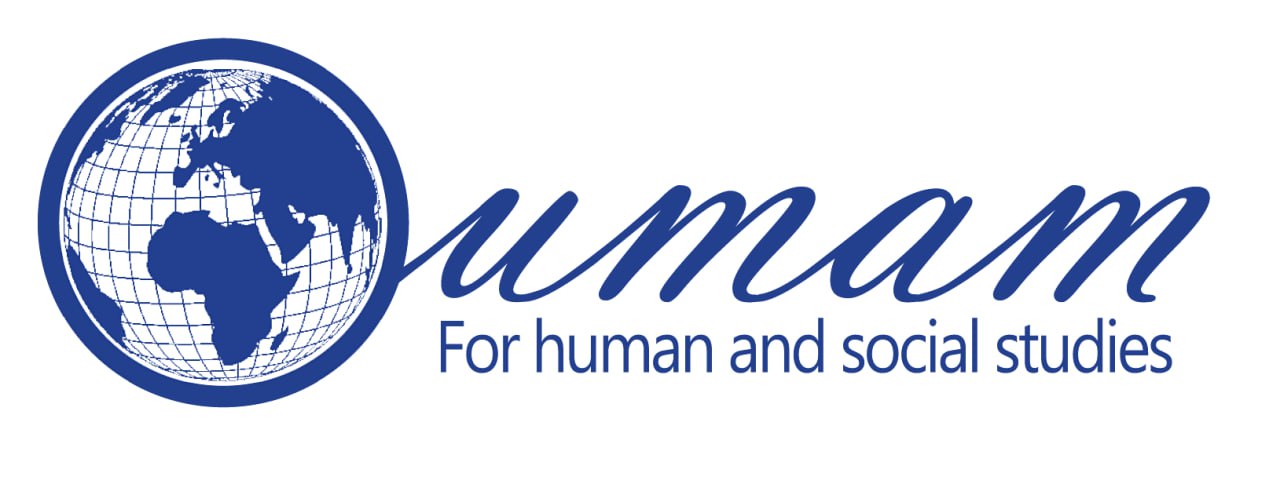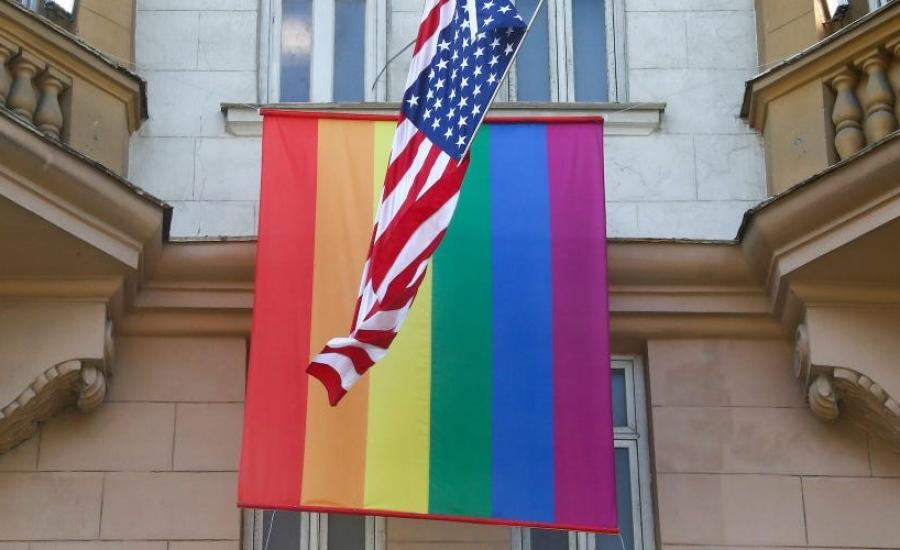and an attempt to monitor
the radical transformation in the human nature concept, sometimes under the
impact of anthropological, social, contextual, and particularly gender studies,
and sometimes under the impact of the biotechnical revolution. The dispersion
of trends in ethical philosophies, in terms of theorizing the foundations of
ethical behavior, is directly reflected in many of the imagined limits of ethical
responsibility, and the standards on the basis of which the understanding of
human nature is regulated and its stability to a certain extent.
Therefore, we will focus on the value change in contemporary ethical discourse,
that is, the shift from the classical and modern concept of human nature - relating
to its essence and identity, intellect or sensitivity, where its metaphysical
significance is determined - towards the contemporary concept in which it
has become scientifically determined, as a complex biology, or as the result
of a complex sociological upbringing. Whatever it is, this scientific referral of
human nature has destabilized many of today’s universal ethical values, and
has questioned the usefulness of classical ethical principles, and the changes,
which accompanied, in the structure and concept of the family, in some of its
current forms, and in the nature of masculinity and femininity, and the relationship
between the sexes.





Comments